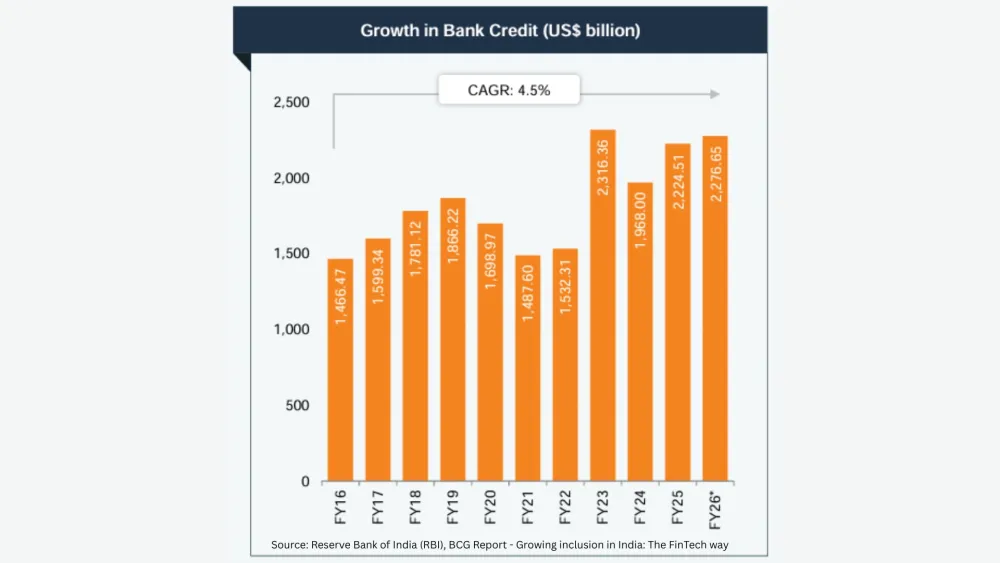
Profit pressure looms for Korean credit card firms: analyst
What could have caused this?
According to Fitch Ratings, Korean credit card companies will face sustained pressure on profit. A sharp curtailment of profits results from a regulatory transformation of the industry on the back of rising consumerism in Korea.
This is being brought on by measures which are limiting card companies' margins and loan exposure, whilst heightening transparency and encouraging risk-based lending.
Here's more from Fitch Ratings:
We expect the card companies' un-weighted average ROA to weaken further to about 1.9% in 2014, down from 2.2% in H213 and as much as 5.6% during 2006-2010. The ROA of four out of the six card companies was already lower than the industry average.
Sector-wide pressure on credit fundamentals is on the rise mainly on account of falling profitability. But our two investment-grade-rated card companies still carry stable outlooks, as the final ratings are notched off those at strongly rated parent institutions.
The key driver of falling profits is the growing stringency of regulations, as the authorities have focused increasingly on limiting the riskiness of Korea's household debt - which has risen rapidly over the past decade. The figure is one of the highest in the world, at around 164% of disposable income at end-2012. As such, the passage of several new rules and regulations - to level the playing field between weak consumers, small merchants and lenders - has placed the card companies at a relative disadvantage.
The implementation of cost-based lending rates will be the main drag on profitability over the next few quarters. Furthermore, the credit card companies have to disclose the lending rates in a standardised and comparable format to allow consumers to compare interest rates among card operators and various loan products. These regulatory measures implemented in Q413 will heighten transparency and benefit borrowers, but are almost certain to add to downward pressure on the lending rates faced by card companies.
There have been several other regulatory measures in recent years which have also turned the screw on profits. These include sustained reduction of the fees imposed on merchants, tighter risk limits on loan products, and constraints on marketing activities.
Finally, the use of debit/check card usage instead of credit cards will continue to increase as the government - which is keen to lower household debt and its servicing costs - provides more tax benefits for debit/check card usage. The average merchant fee rate for debt/check card usage also remains more competitive than for credit cards.
The two Fitch-rated Korean credit card companies are Hyundai Card (BBB/Stable) and the industry leader, Shinhan Card (A-/Stable).



















 Advertise
Advertise










